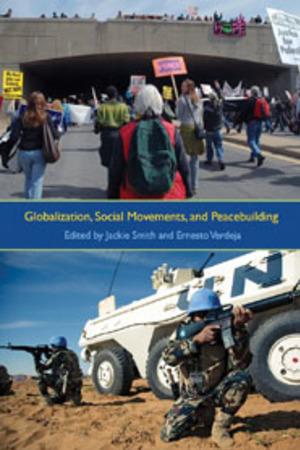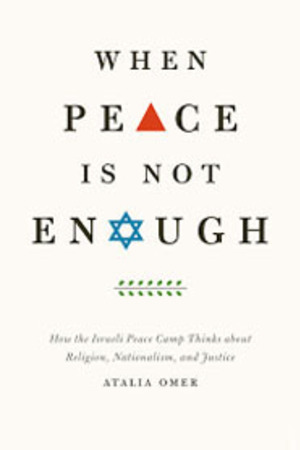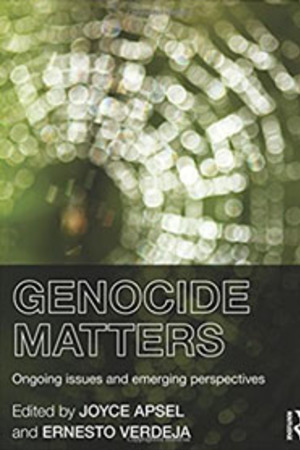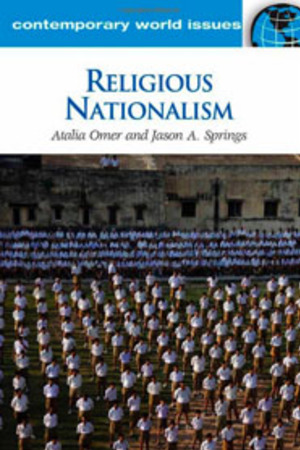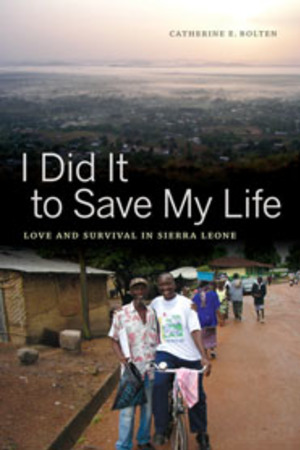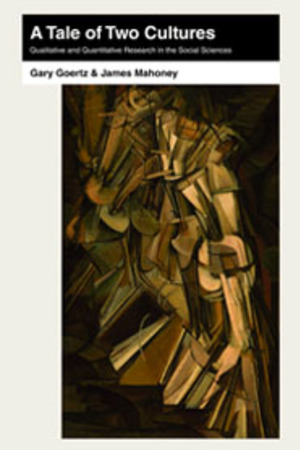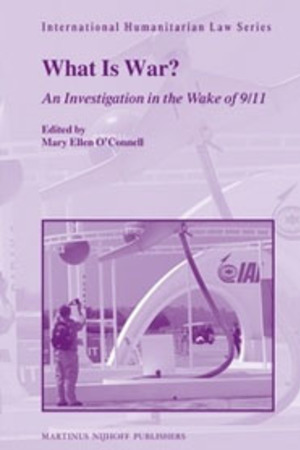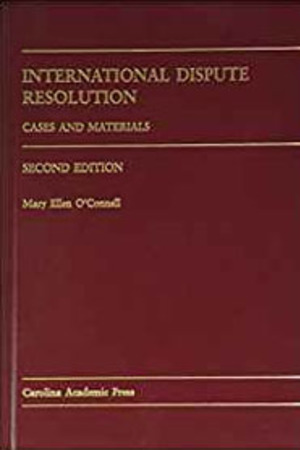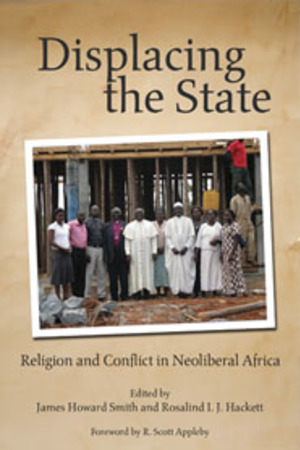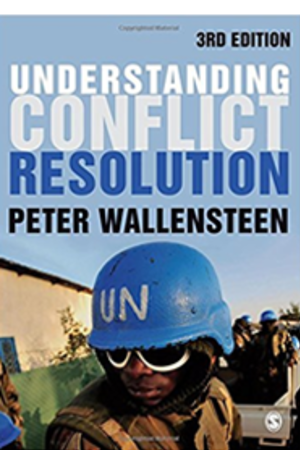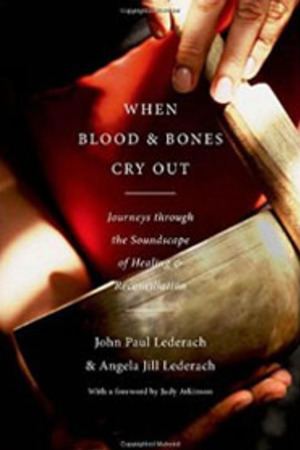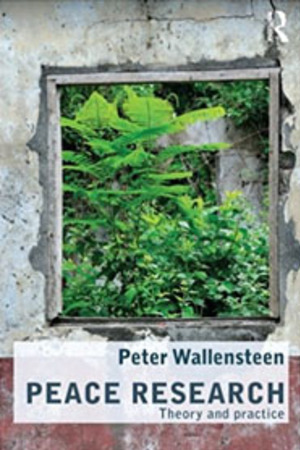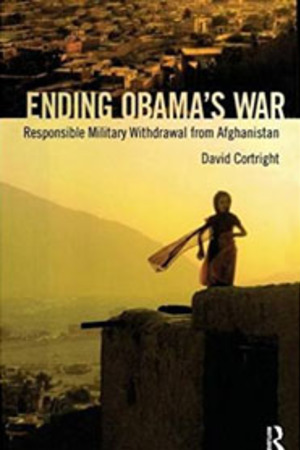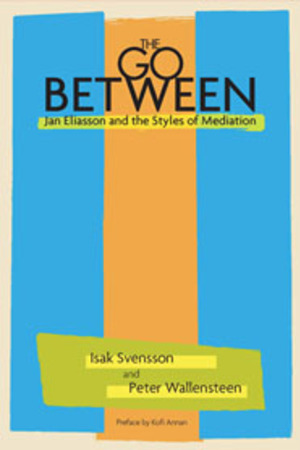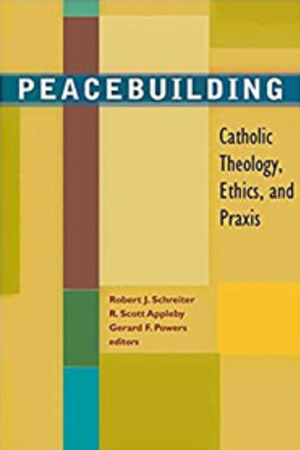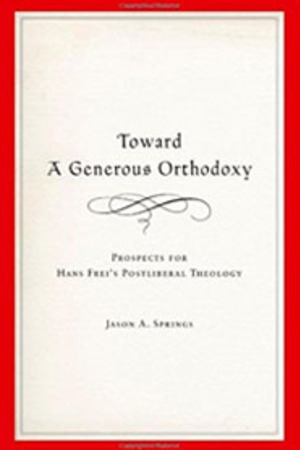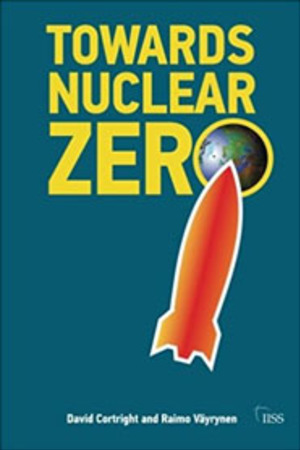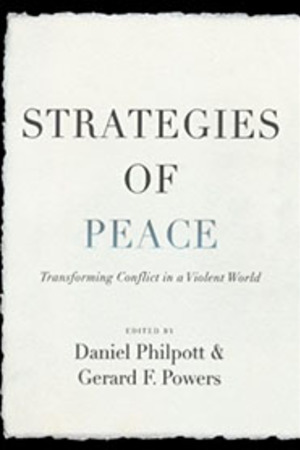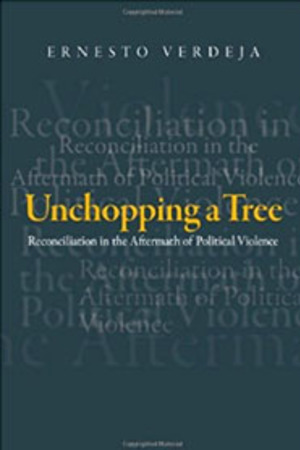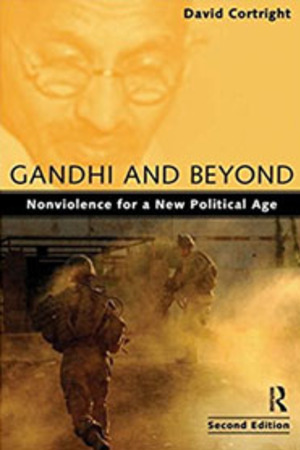Books
Globalization, Social Movements and Peacebuilding
Syracuse University Press, 2013
This volume, edited by Jackie Smith and Ernesto Verdeja, considers how global capitalism affects peace processes. By including the work of anthropologists, economists, sociologists, and political scientists, it presents a broad yet thorough exploration of the complexities of peacebuilding in a global market economy
When Peace Is Not Enough: How the Israeli Peace Camp Thinks about Religion, Nationalism, and Justice
University of Chicago Press, 2013
Atalia Omer cuts to the heart of the Israeli-Arab conflict, navigating complex arguments about ethnicity, boundaries and peace while highlighting groups that provide urgently needed resources for conflict analysis and peacebuilding.
Genocide Matters: Ongoing Issues and Emerging Perspectives
Routledge, 2013
This book, edited by Joyce Apsel and Ernesto Verdeja, provides an interdisciplinary overview of recent scholarship in genocide studies.
Religious Nationalism: A Reference Handbook
ABC-CLIO, 2013
Written by Atalia Omer and Jason Springs, this book tackles the assumptions behind common understandings of religious nationalism, exploring the complex connections between religion, nationalism, conflict, and conflict transformation.
I Did It to Save My Life: Love and Survival in Sierra Leone
University of California Press, 2012
Catherine Bolten's book tells the story of how ordinary Sierra Leoneans survived the decade-long war that devastated their country. The book illuminates a social world based on love, compassion, material exchange, and nurturing.
A Tale of Two Cultures: Qualitative and Quantitative Research in the Social Sciences
Princeton University Press, 2012
Gary Goertz and James Mahoney identify and discuss major differences between qualitative and quantitative research methods while seeking to promote tolerance and exchange of ideas.
What Is War?
Brill, 2012
International law has lacked a widely accepted definition of armed conflict, despite the essential human rights and other rules that depend on such a definition. This book, edited by Mary Ellen O'Connell, contains the report of the International Law Association's Committee on the Use of Force and papers delivered at an interdisciplinary conference to inform the committee.
International Dispute Resolution: Cases and Materials (2nd ed.)
Carolina Academic Press, 2012
This book is designed to assist in lawyers in preparing to practice international dispute resolution. It is a comprehensive treatment of the full range of dispute resolution processes, including negotiation, mediation, inquiry, conciliation, arbitration, and adjudication.
Displacing the State: Religion and Conflict in Neoliberal Africa
Notre Dame Press, 2011
From the Kroc Institute Series on Religion, Conflict and Peacebuilding. This book illustrates the nature of religion’s ambivalent power in Africa while suggesting new directions in the study of religion, conflict, and peace studies, with a specific focus on sub-Saharan Africa.
Understanding Conflict Resolution (3rd ed.)
SAGE Publications, 2011
Peter Wallensteen's highly popular text links conflict resolution theory to real-world cases, exploring ongoing situations in Afghanistan, Iraq, Somalia, Sudan, the Côte d'Ivoire, Iran, Pakistan and the Arab democratic wave from a conflict resolution perspective.
When Blood and Bones Cry Out: Journeys Through the Soundscape of Healing and Reconciliation
Oxford University Press, 2011
John Paul Lederach and his daughter Angela Jill Lederach propose new ways of understanding healing and peacebuilding in traumatized communities, showing how communities can recover and reconnect through the power of making music, creating metaphors, and telling their extraordinary stories of suffering and survival.
Peace Research: Theory and Practice
Routledge, 2011
Peter Wallensteen's book presents an overview of key issues in peace research, which has become one of the most dynamic and innovative areas of war and conflict studies.The book presents articles on such key issues in peace research as the causes of war, conflict data, conflict diplomacy, non-violent sanctions and third-party diplomacy, demonstrating how basic research can be conducted in fields often seen as ‘unresearchable’ and ‘too complicated to deal with.’
Ending Obama's War: Responsible Military Withdrawal from Afghanistan
Paradigm, 2011
David Cortright's critical analysis of U.S./NATO military policy in Afghanistan and Pakistan examines alternative strategies for preventing terrorist insurgency.
The Go Between
United States Institute of Peace, 2010
This book, co-authored by Peter Wallensteen, explores international mediation through the lens of Ambassador Jan Eliasson.
Peacebuilding: Catholic Theology, Ethics, and Praxis
Orbis, 2010
Catholic theologians, ethicists, and scholar-practitioners examine peacebuilding in this volume edited by Robert Schreiter, C.PP.S., R. Scott Appleby, and Gerard F. Powers.
Toward a Generous Orthodoxy: Prospects for Hans Frei's Postliberal Theology
Oxford University Press, 2010
Jason Springs reevaluates the work of influential theologian Hans Frei.
Towards Nuclear Zero
Routledge, IISS, 2010
Written by David Cortright and Raymo Väyrynen, this book offers practical steps for achieving genuine progress toward disarmament.
Strategies of Peace: Transforming Conflict in a Violent World
Oxford University Press, 2010
In this book edited by Daniel Philpott and Gerard F. Powers, 15 leading scholars propose an imaginative and provocative approach to peacebuilding.
Unchopping a Tree: Reconciliation in the Aftermath of Political Violence
Temple University Press, 2009
Ernesto Verdeja develops a critical justification for political reconciliation.
Gandhi and Beyond: Nonviolence for a New Political Age
Paradigm, 2009
In the second edition of this popular book, David Cortright situates Gandhi's message of nonviolence in recent world events.
